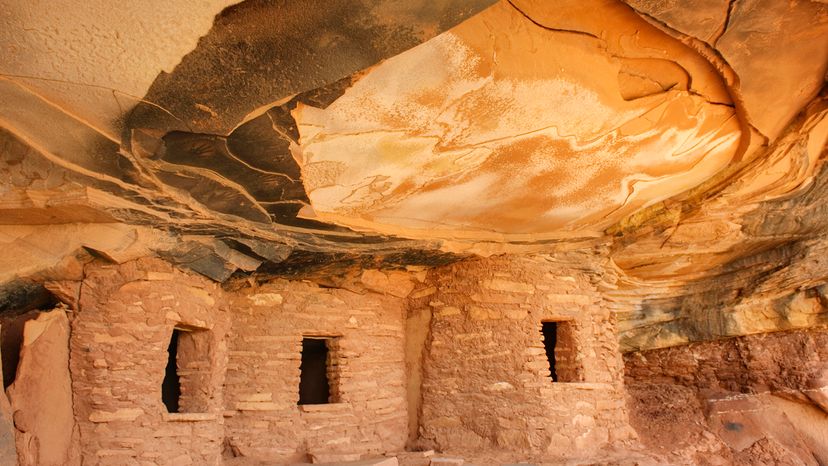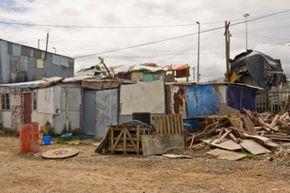Anthropologists often pursue education as a career track, sharing their knowledge with university students. Many of those students might study anthropology in hopes of landing exciting fieldwork, perhaps in some far-flung location.
And for these audacious souls, there is plenty of adventure to be had. For instance, they often work in disaster areas, helping organizations handle refugee crises or take on humanitarian problems in the aftermath of catastrophes, such as Hurricane Katrina and the 9/11 terror attacks.
Anthropologists may even take up residence in a new country so as to become fully engrossed in an unfamiliar culture. Doing so lets them readily observe and interact with locals and develop any necessary language skills.
Embedded in this kind of intimate, close proximity research, anthropologists might encounter intense situations. Disease control organizations need social scientists to help understand certain populations, perhaps an ethnic subset in a large urban area that's suffering from an outbreak of a virus such as HIV. An anthropologist might explore the city, interact with sick and frightened people and try to help halt the virus' spread.
Military units often employ anthropologists to help commanders develop a better understanding of an occupied land. In the United States Army, anthropologists interview local citizens to gauge their attitudes toward invading forces and to forge ties with local leaders, all in an attempt to increase safety and security for both citizens and soldiers.
Work like this is dangerous, and anthropologists sometimes put their lives at risk. However, the pay is much higher than with cushier gigs.
War zones aren't the only places anthropologists might encounter danger. Cities with gang violence problems send social scientists to interview and investigate the issues contributing to gang formation and violence. They might spend a lot of time directly in harm's way attempting to help citizens with conflict resolution and communication-development skills.
These scientists might trade in harrowing adventures for safer jobs in a corporate or academic setting. Successful anthropologists who work as private consultants can build their resumes to fit specific interests, and they have the flexibility to change career paths. For example, they might dedicate much of their time to working on family planning challenges in developing countries, and then return to their country of origin to tackle the same kinds of problems.
As academics and professionals, anthropologists are a lot like the human race itself — full of diversity and mystery, curiosity and wonder. Anthropology is truly a human endeavor that seeks deeper truths and knowledge about what human beings really are, and one that may help us guide our species' long-term survival.



